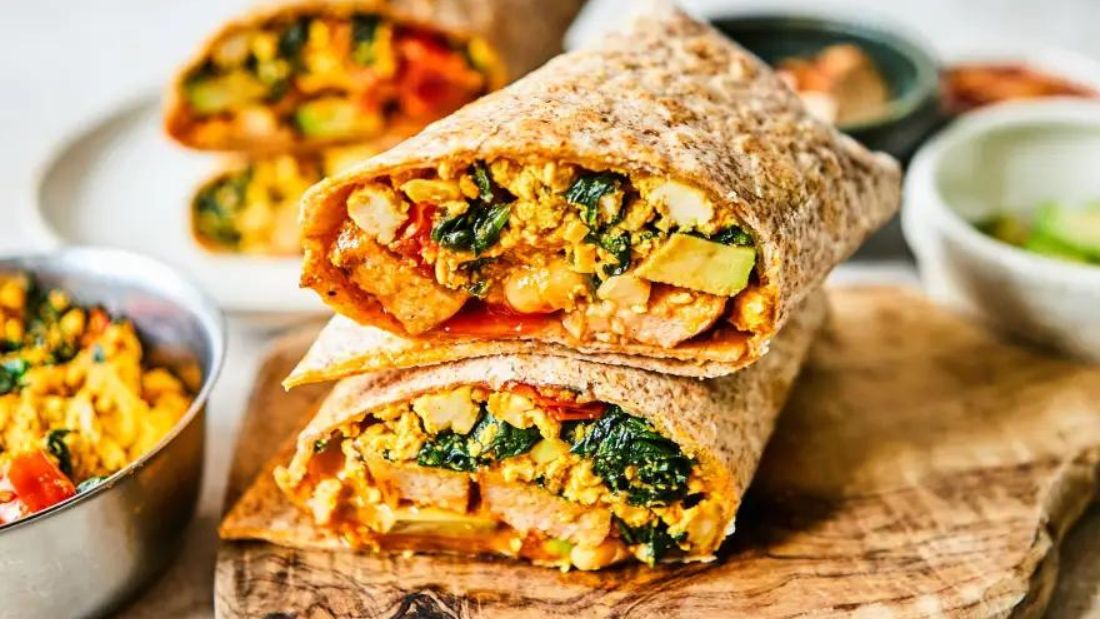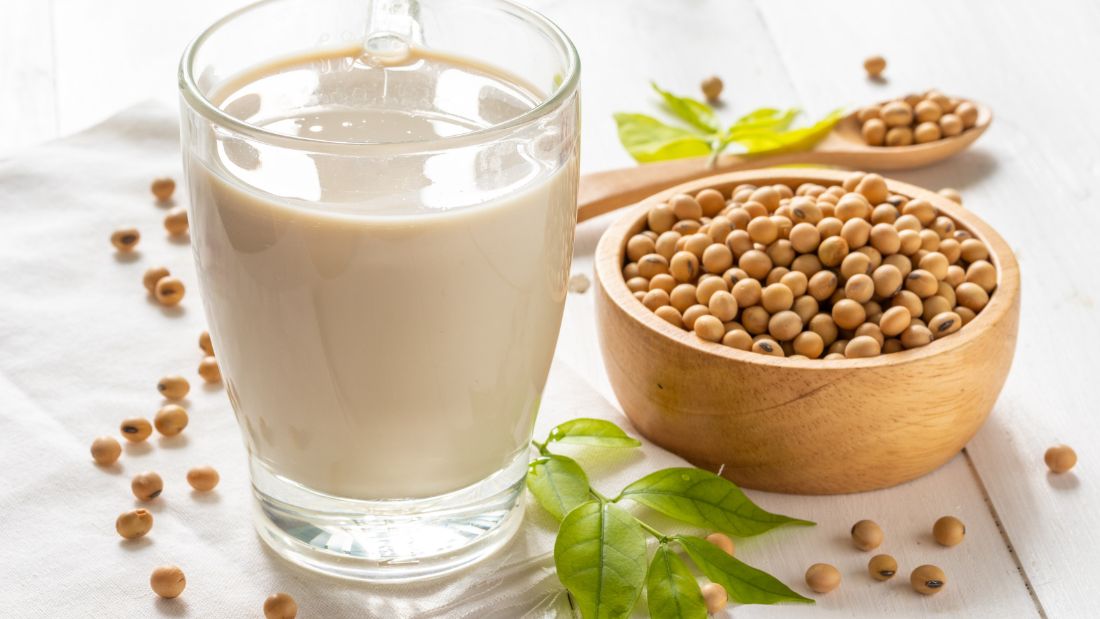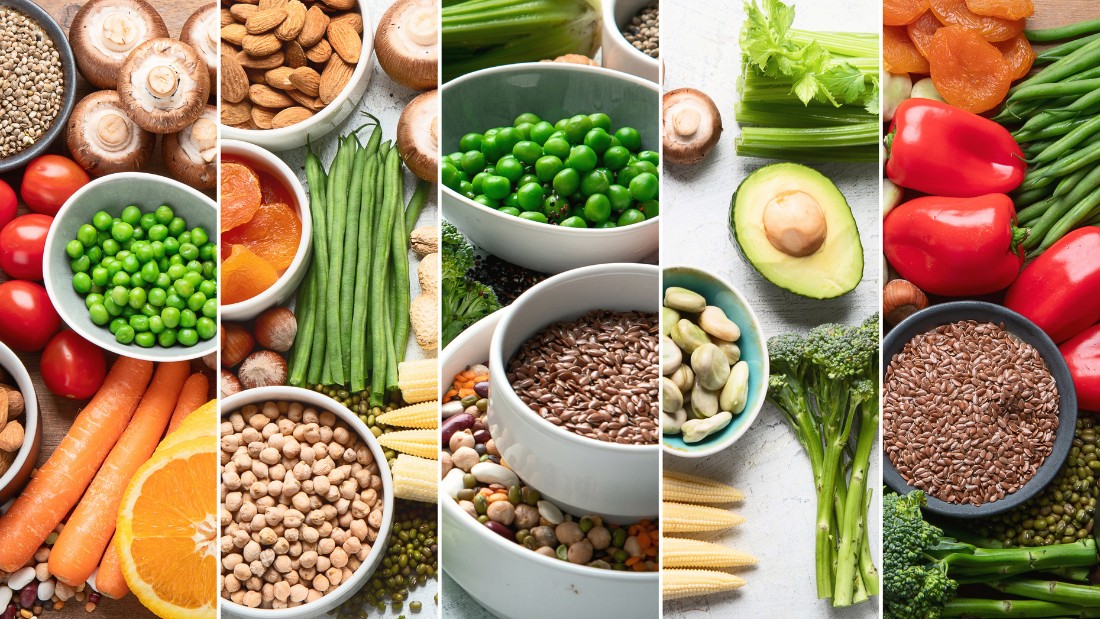Won’t I Just Be Eating Processed Foods All the Time?

You might think that to get enough protein on a vegan diet you have to eat piles of processed foods.
The good news is, it’s totally possible to meet your protein requirements without ever touching a processed food. However, don’t be so quick to judge processed foods!
Firstly, not all processed foods are equal. Tofu, for example, is a low-fat, high-protein processed food but it is extremely good for you.
Some processed vegan foods are made with textured vegetable protein (TVP), which is processed but can still be a great source of protein.
The same goes for foods like Quorn, made from mycoprotein – a type of protein that comes from fungus.
This is why some people prefer to differentiate processed foods, which can still be healthy, from ultra-processed foods, which tend to be junk foods packed with ingredients that you would not find in your kitchen cupboards.
So, even though eating some processed foods like tofu (and other soya products), TVP, Quorn and seitan (made from wheat gluten) will definitely help you meet your protein goals, you don’t need to eat them all the time and they can just form a small portion of your plate.
The rest of your protein requirements can be met by wholefoods. In addition, by eating a wide range of protein-rich foods, you’ll get good coverage of the essential amino acids – the building blocks of protein.
High-protein wholefoods include: lentils, soya (edamame) beans, kidney beans, black beans (or any bean you like!), peas and quinoa.
You can also sprinkle in some foods which contain a smaller, but significant, amount of protein like nuts, seeds (hemp, flax and chia are particularly good), nutritional yeast, mushrooms and wholegrain products.
Protein can be found in abundance on a vegan diet but if you have specific goals a little planning will go a long way to ensure you’re getting enough.
And remember, although a healthy diet should always be built around wholefoods, don’t let the term ‘processed’ put you off some great foods, potentially making it harder to meet your protein requirements every day.






